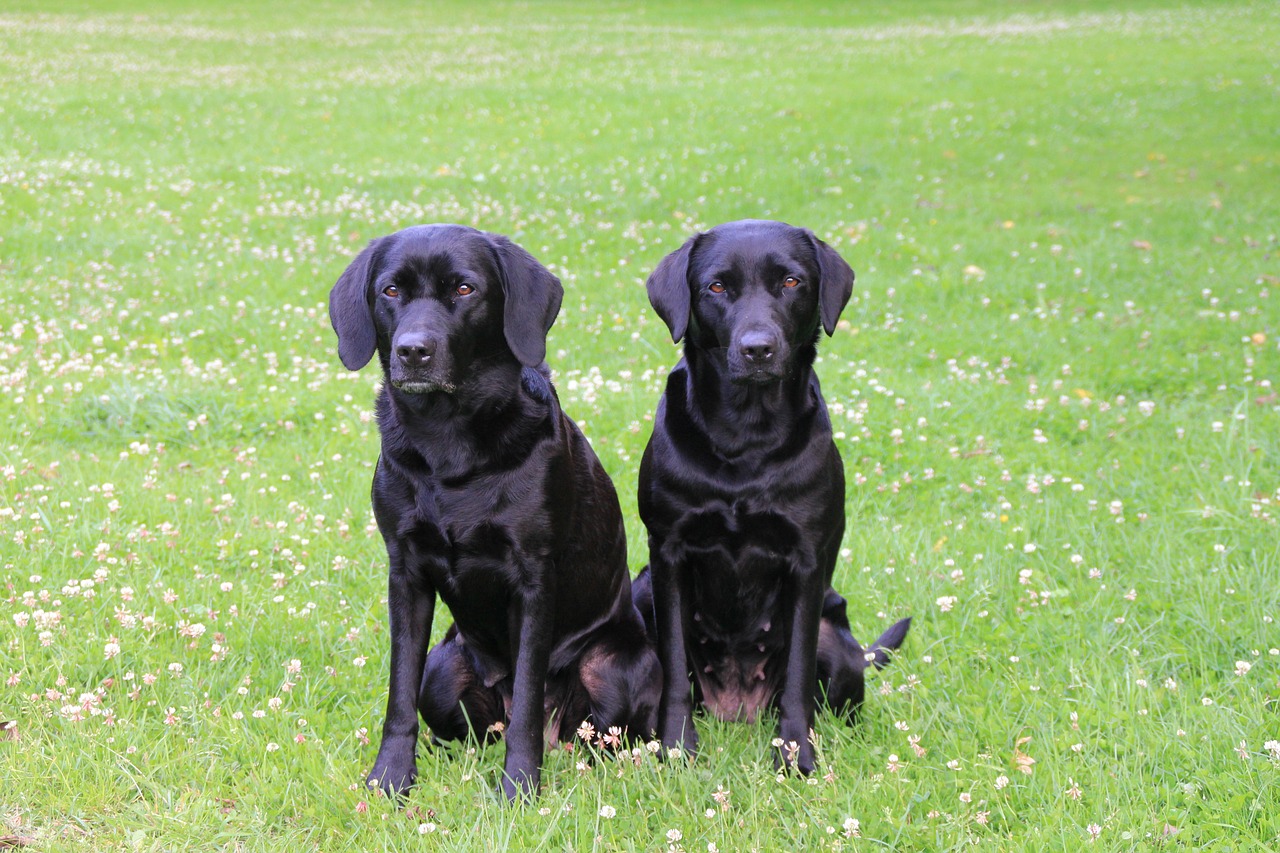Training is much more complex for working dogs due to the amount of commands they must learn, the amount of times behaviour must be repeated and the long working hours required of them too.
Young dogs, under 8 months, have an extraordinary ability to learn, but they are also very easily distracted, have too much enthusiasm and are likely to forget commands more frequently too.
That being said, be sure to praise young puppies for their actions, particularly when it comes to retrieving.
Early retrieving is essential
A puppy’s naturally instinct is to get your attention and contact using toys. They may try tug of war to get you to play or will want to keep their favourite toys to themselves. Encourage your dog to bring their toys to you and drop them, as early as possible. This will help you in future.
Encourage them to hunt
Teach your dog to “find it” or “seek” early on, by not letting them see where you drop their toys, balls or dummies, and hide them in long grass. You want a dog that understands they have to do the work and encourage them to keep looking. Praise them well when they find the right object.
Get them used to other animals
This is particularly important if you live around farming areas, you don’t want your dog to be distracted by livestock or running around cattle, they could get seriously injured and it’s not fair on the farmers. Teach your dog early on to remain calm around other animals and praise them for correct behaviour.
Show your dog that they should always keep an eye on you
Young dogs are often so excited to be outside that they refuse to return on command. The trick here is to be more interesting than whatever is distracting them. By laying on the ground and making squeaking noises, the dog is more likely to come back and investigate those sounds.
Don’t over exercise
This is particularly important when your dog is under a year old. If you have other working dogs it can be tempting to take the youngsters along to learn, but too much exercise can spoil their joints, and this damage can’t be rectified.
Treat from the hand, not the pocket
Dogs are smart enough to know that in order to take a treat from your hand, they must drop the toy or dummy. This will not only encourage them to drop on retrieve, it can control when they drop too. Teach them when to drop by when you offer them the treat.
Get your dog used to loud noises/gun fire
It’s important to desensitise your dog early on to loud bangs and noises. By dropping metal food bowls or clapping unexpectedly, you will help them become less skittish when gun fire is introduced. Remember there is no rush – it is important to introduce it gradually.
Carry an un-cocked air rifle during training
Carry your air rifle with you throughout all training, so that when you do eventually fire it from a distance, your dog won’t associate them with each other. This will help your dog adjust without developing a fear of when you are carrying the object.
We hope these tips help you to settle into a great routine with your young gundog.




